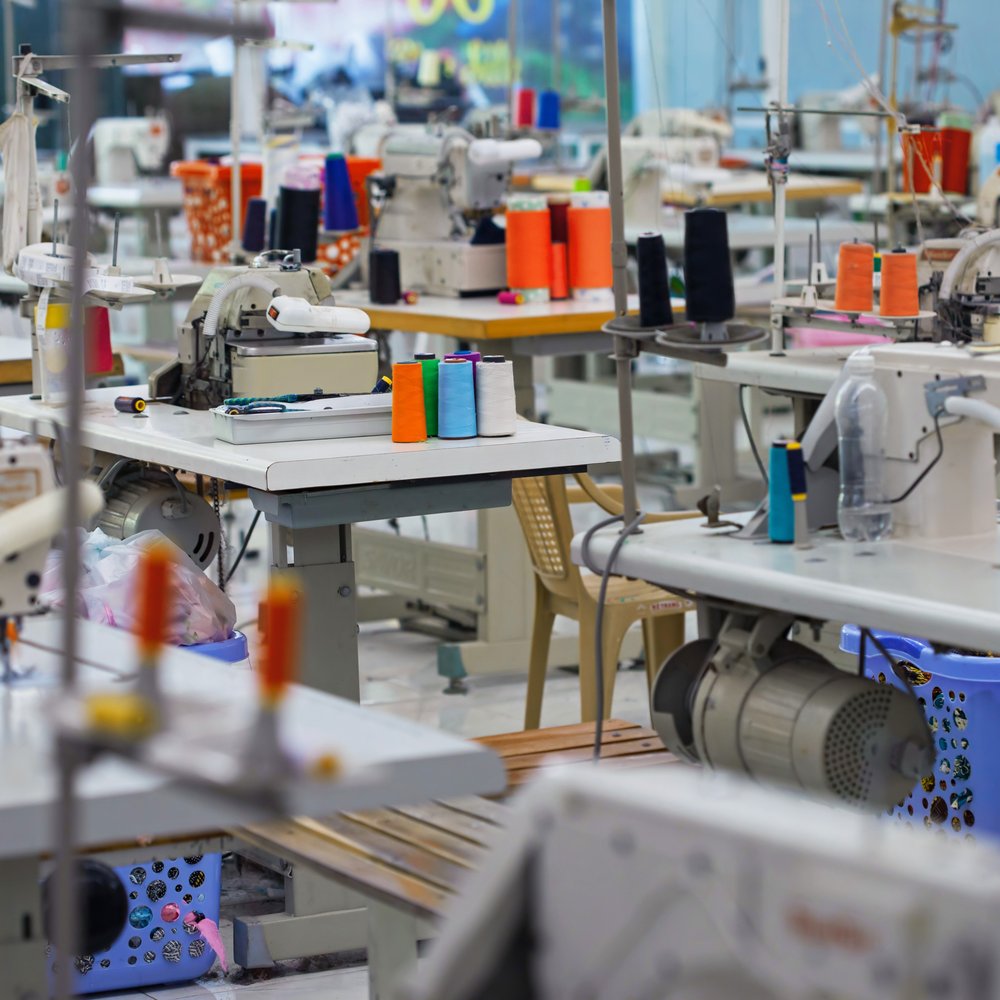Unbearable harassment: The fashion industry and widespread abuse of female garment workers in Indian factories

Shutterstock (purchased)
Verbal, physical, and sexual harassment exists in every garment factory – not just this one. It existed before COVID, it exists during COVID, and it will exist after COVID...–Smita, garment worker at a factory in Tamil Nadu which produced for ASDA, C&A, Carrefour, JD Sports and Tesco
Garment worker abuse in India’s factories has intensified due to fashion brands’ response to the COVID-19 pandemic, according to a new report from the Business & Human Rights Resource Centre, Asia Floor Wage Alliance and Society for Labour & Development. We collected testimonies from 90 women in 31 factories across three major garment-producing hubs in India: Delhi NCR, Karnataka and Tamil Nadu. These factories supply, or have recently supplied, to at least 12 global fashion brands and retailers: American Eagle, ASDA, C&A, Carrefour, H&M, JD Sports, Kohl’s, Levi Strauss & Co., Marks & Spencer, Primark, Tesco and VF Corporation (and its portfolio brands, including Vans). Our research found all women garment workers had witnessed or directly experienced gender-based violence and harassment (GBVH) in their workplaces, perpetrated by male supervisors and managers who drive them to meet unreasonable production targets set by fashion brands.

The Tamil Nadu Textile and Common Labour Union
While garment workers reported GBVH on a daily basis before the pandemic, their experiences of GBVH at work intensified with successive COVID-19 waves, including reports of routine physical and verbal abuse, discrimination and unfair dismissal for pregnancy, widespread wage theft, lack of protection from COVID-19 and intensified work rates with inhumane and mandatory overtime, leading to exhaustion and increased accidents.
This report reveals how the fashion business model, which prioritises short-term profit, combined with inadequate government regulation and damaging patriarchal norms, creates and sustains the conditions for systemic and widespread GBVH in fashion supply chains.
The findings demonstrate that reliance on a voluntary framework (codes of conduct, social audits and compliance statements) to protect women garment workers from violence and exploitation is insufficient and brands must be held legally accountable for the treatment of the women workers who make their clothes and profits. This is possible through mandatory human rights due diligence legislation, and enforceable supply chain agreements that commit brands to addressing GBVH in their supply chains.